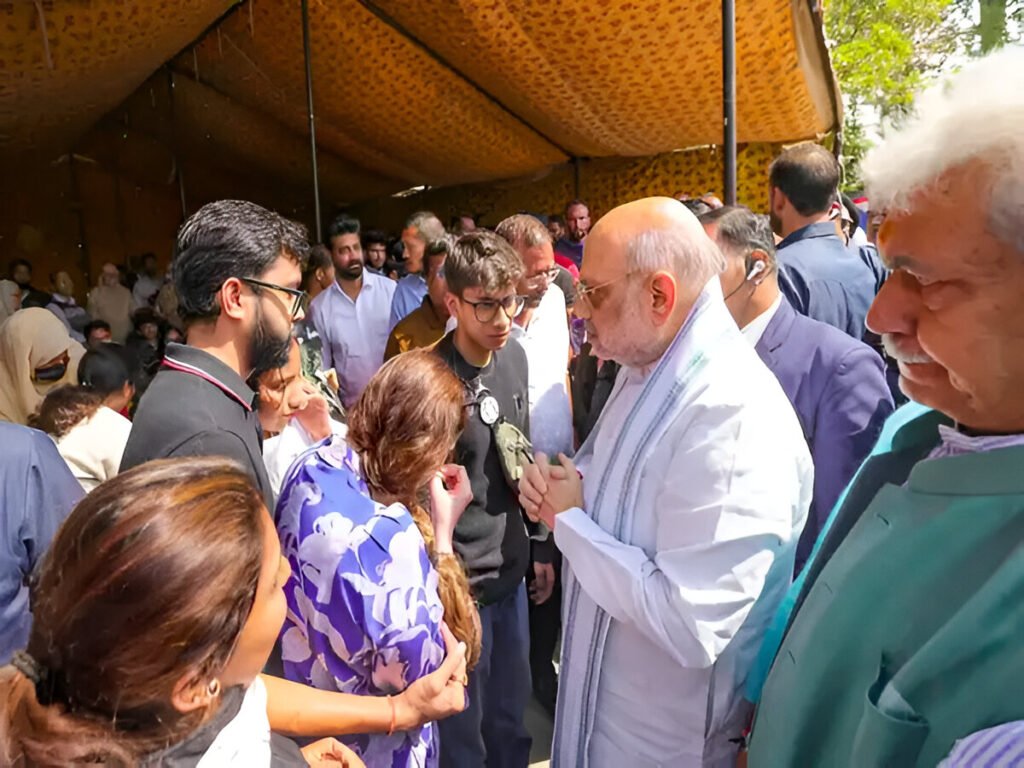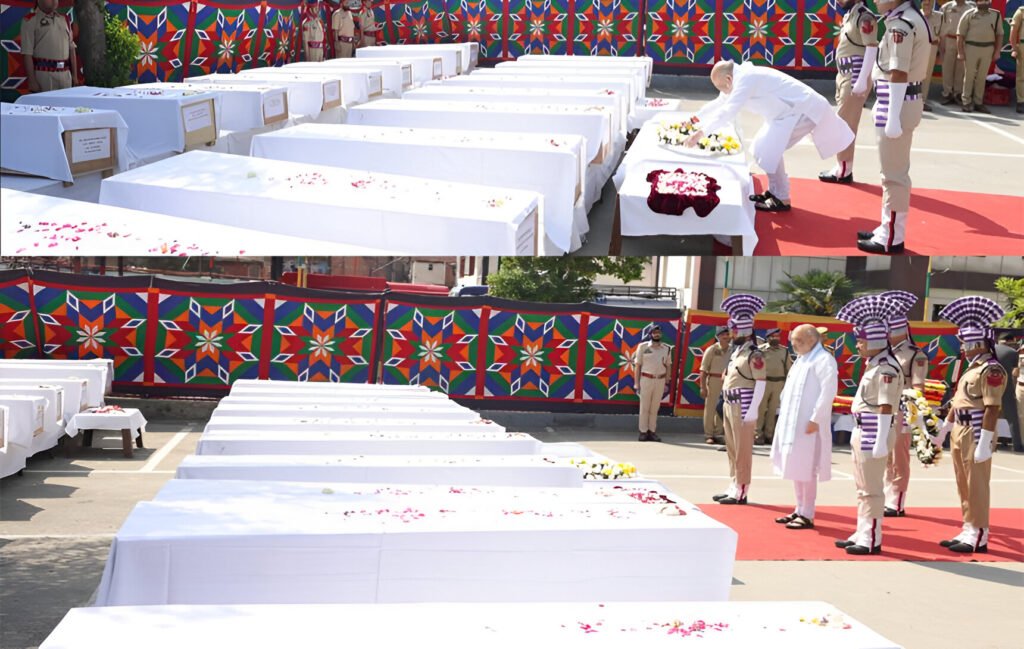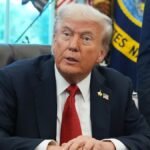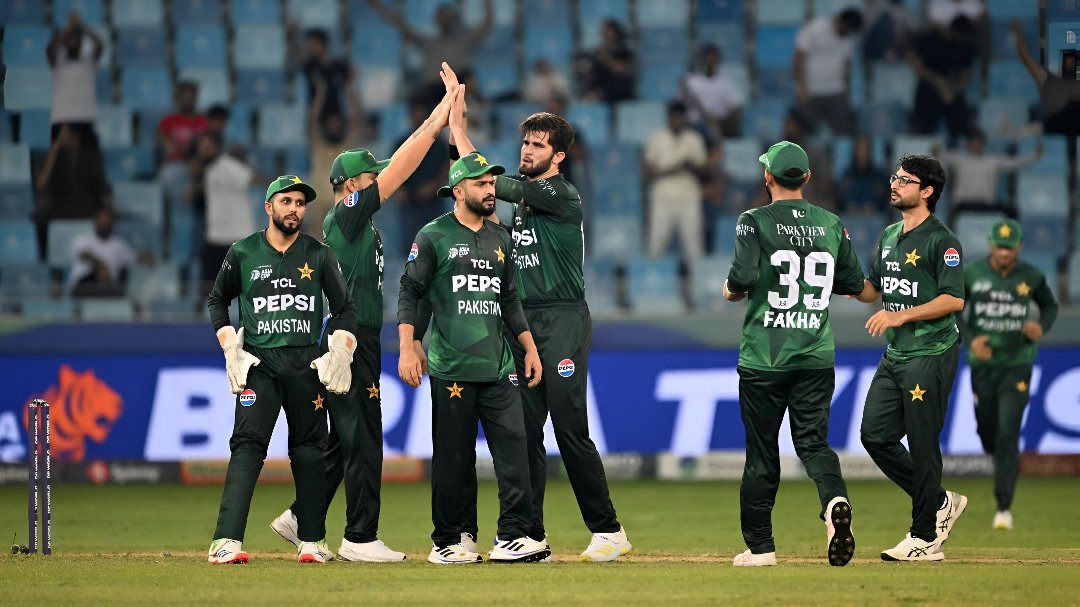
The mountains of Kashmir echoed with grief this week. What should have been another beautiful spring day in Pahalgam turned into tragedy when terrorists attacked tourists at Baisaran meadow, killing 28 innocent people whose only fault was wanting to experience Kashmir’s legendary beauty.
A Solemn Ceremony of Respect
I watched as Home Minister Amit Shah bent low over each coffin at the Police Control Room in Srinagar on Wednesday. The room was quiet except for muffled sobs. Lieutenant Governor Manoj Sinha stood to his left, and Chief Minister Omar Abdullah to his right—political differences momentarily forgotten in shared mourning.
“He touched each wreath before placing it,” whispered a police officer standing beside me. “Not rushing through it like these ceremonies sometimes go.”
The bodies had arrived at Government Medical College in Srinagar during those strange, hollow hours between midnight and dawn. By morning, they were at the PCR where families waited—some numb with shock, others wailing in grief. A woman clutched a backpack still bearing her husband’s travel tag from Delhi. A teenage boy stood straight-backed and tearless beside his mother’s coffin.
Among the dead were people from across India—a retired schoolteacher from Gujarat, newlyweds from Maharashtra, and a family of four from Tamil Nadu. Also killed were visitors from the UAE and Nepal. Kashmir’s beauty had drawn them all to the same fate.
Commitment to Justice
After the formal ceremony, Shah broke with the usual tight security protocols. He spent nearly two hours meeting families in a side room. No cameras were allowed.
“He held my hands and promised my father’s killers would be found,” said Anjali Sharma from Lucknow. “We were supposed to go home tomorrow with memories. Now I’m taking Dad home in a coffin.”
When Shah emerged, his normally composed face showed strain. “The security forces will leave no stone unturned,” he told waiting reporters, his voice carrying both exhaustion and determination.
A survivor with a bandaged arm described his meeting with Shah: “He didn’t just offer sympathy. He asked detailed questions about what we saw, how many attackers there were, and what language they spoke. He’s treating this like a personal mission.”

Swift Security Response
Within hours of Tuesday’s bloodshed, Shah’s convoy was speeding through Srinagar’s streets. Local residents watched from balconies as security personnel established positions at every intersection. Director General of Police Nalin Prabhat was waiting at the airport with initial reports pointing to The Resistance Front’s involvement.
Through Wednesday night, lights burned in government offices as Shah chaired an emergency security review. Military commanders, intelligence officials, and civil administrators filed in and out. A junior officer, emerging for a smoke break at 2 AM, said simply, “I’ve never seen such intensity in a meeting.”
Meanwhile, Prime Minister Modi had cut short his Saudi Arabia trip, landing at Delhi airport, where he immediately huddled with National Security Advisor Ajit Doval and External Affairs Minister S. Jaishankar. The message was clear—this attack demanded national attention at the highest levels.
Government Aid and National Response
By dawn, the J&K administration had announced financial assistance—₹10 lakh for families of the dead and ₹2 lakh for the seriously injured. But Kashmir’s response went beyond official measures.
For the first time in 35 years, the entire valley shut down specifically to protest terrorism. Markets normally bustling with spring tourist trade were silent. Schools stood empty. Newspaper offices across Srinagar printed their front pages in solid black—a visual scream against violence.
“We’re tired of being associated with terror,” said Bashir Ahmad, a houseboat owner who joined a silent protest at Lal Chowk. “These tourists were our guests. Their blood is on our hands too if we don’t speak out.”
Even opposition leaders set aside political differences. Congress president Mallikarjun Kharge and Rahul Gandhi both spoke directly with Shah and CM Abdullah. “The perpetrators must not go unpunished,” Kharge wrote afterward—words that could have come from any party, any Kashmiri, any Indian.
International Condemnation
As darkness fell Wednesday, condemnations poured in from world capitals. Donald Trump, Vladimir Putin, and Giorgia Meloni expressed solidarity with India. Their statements played on local news channels where families gathered in living rooms across Kashmir, many holding candles in silent vigil.
In a tea shop near Dal Lake, an old man summed up the mood: “I’ve lived through decades of violence, but attacking unarmed tourists in Baisaran? That’s not resistance. That’s just murder.”
As Shah’s helicopter lifted off from Srinagar Thursday morning, the investigation was just beginning. An NIA team was already combing through evidence at the attack site. But for the families boarding flights with flag-draped coffins, justice—whenever it comes—will never be enough.







